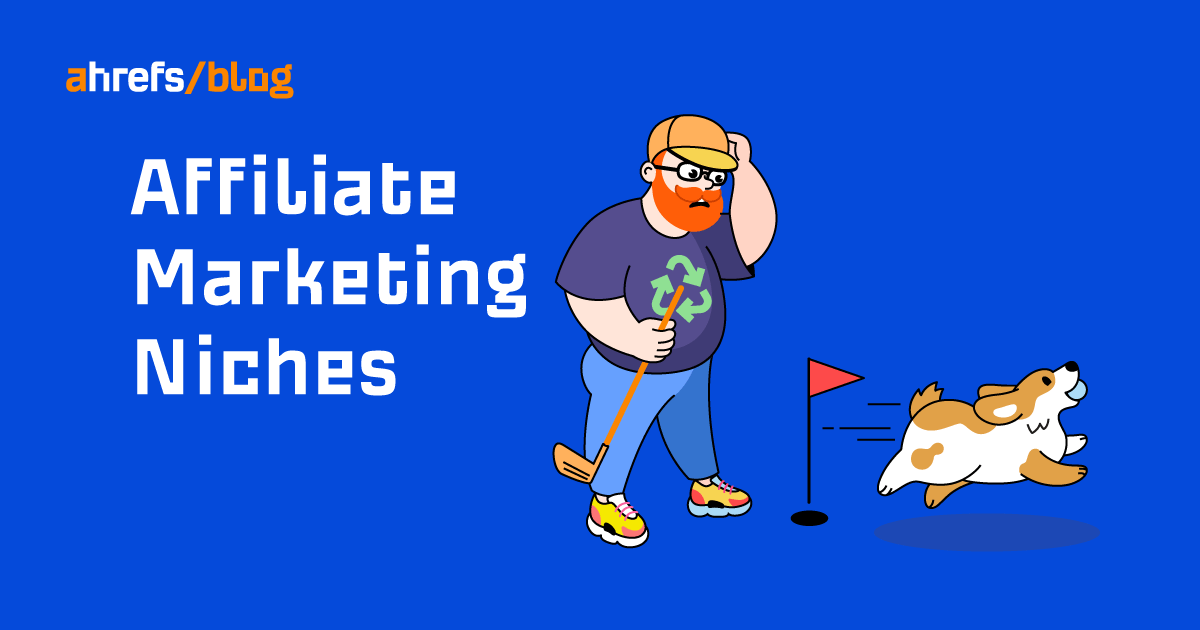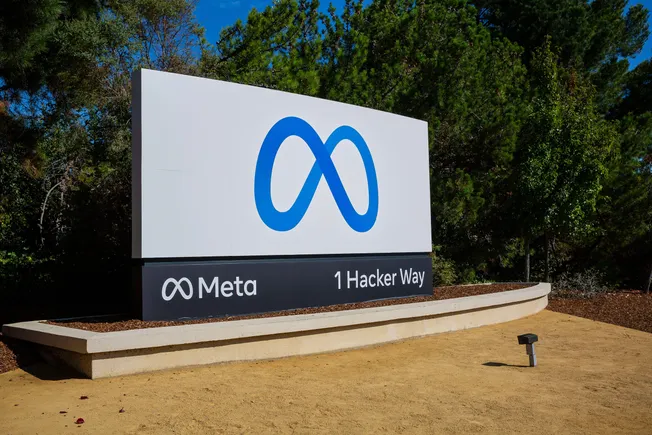Research: Websites Have 48 Trackers on Average
The newest research by cybersecurity company NordVPN shows that on average websites have 48 trackers. Social media websites in have even more — 160 trackers on average. Next, come health websites with 46 trackers per website. Digital media sites...

The newest research by cybersecurity company NordVPN shows that on average websites have 48 trackers. Social media websites in have even more — 160 trackers on average.
Next, come health websites with 46 trackers per website. Digital media sites come into third place with an average of 28 trackers. Porn and government websites are found to have the lowest degree of tracking, with four and one trackers, respectively, per website.
Most of the found trackers were owned by third parties. Around 30% of third-party trackers belong to Google, 11% to Facebook, and 7% to Adobe. These companies later use collected data for marketing purposes.
““The number of website trackers depends mostly on data-protection laws in a country. That is why in Central and Northern Europe, where GDPR rules are applied, websites have fewer trackers. However, the situation is completely different in the USA, where no singular law covers the privacy of all types of data in all states,” says Daniel Markuson, a digital privacy expert at NordVPN.
Researchers looked into the 100 most popular websites in 25 countries around the world. Using three different tracker blockers, they could see how many trackers (such as a cookie or a tracking pixel) those websites use to know more about their users.
Why Are Trackers Dangerous for Users?
Trackers are usually inserted into the code of websites and are difficult to detect for a regular user. The kinds of information trackers collect can include IP address and location, browsing history, a user’s clicks on a website, and what items they looked at and for how long as well as the data about the browser and device they’re using.
Trackers can help website admins improve users’ experience after analyzing how visitors interact with their website.
On the other hand, the information helps to create a user’s profile sold to third-parties (such as Google, Facebook, and Adobe). They use the profile to serve more targeted and intrusive ads that follow users from website to website.
The worst case scenario is if cybercriminals get their hands on this data. They could compile a detailed portfolio about someone and use it against them in a phishing attack by crafting a highly personalised and believable message.
How to Avoid Tracking
According to a survey by NordVPN, 47% of users worry about being tracked by social media giants (like Facebook), 39% are concerned that their data is collected by information and advertising aggregators (like Google), and 38% don’t want marketing agencies to get hold of their data.
Below, Daniel Markuson lists a number of ways users can become less trackable online:
Use a VPN. By using a VPN, you will hide your real IP address and location from all third parties, including your ISP, cybercriminals, network administrators, and advertisers.Install tracker blocker. These stop your browser from collecting information about you and may also work as an ad blocker. Some tracker blockers, like NordVPN’s Threat Protection, offer other cybersecurity features, like malware protection.Use privacy browsers. Get an internet browser specifically tailored for people with online privacy in mind: no auto-syncing, no spell-check, no auto-fill, and no plug-ins.Ditch Google. Google tracks a lot of data about you — if you want to avoid that, you’ll have to opt for other email providers and search engines.The methodology of the research can be found here: https://nordvpn.com/blog/nordvpn-research-website-trackers/

 KickT
KickT 































